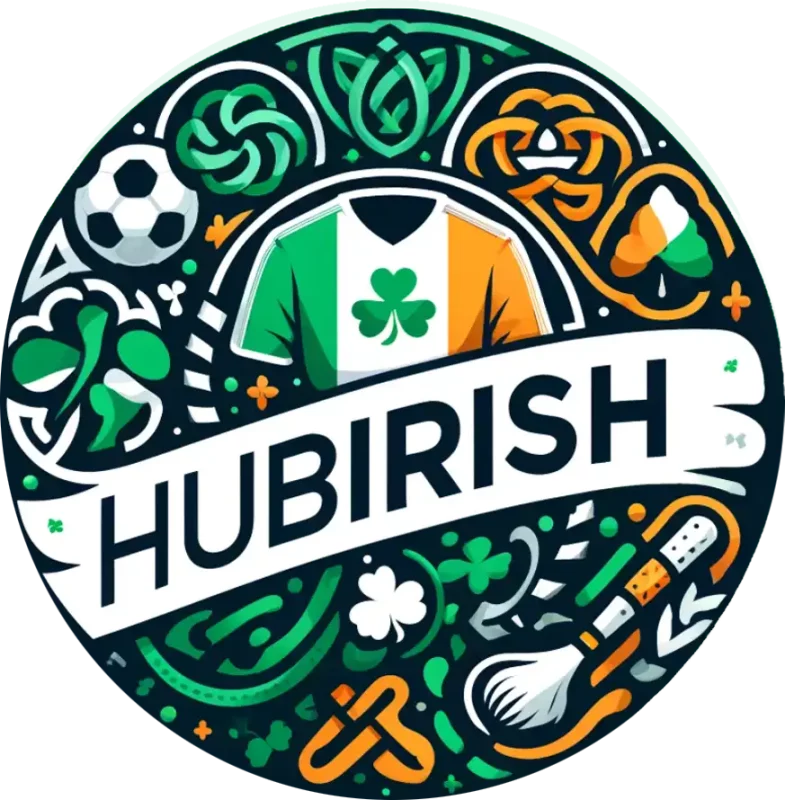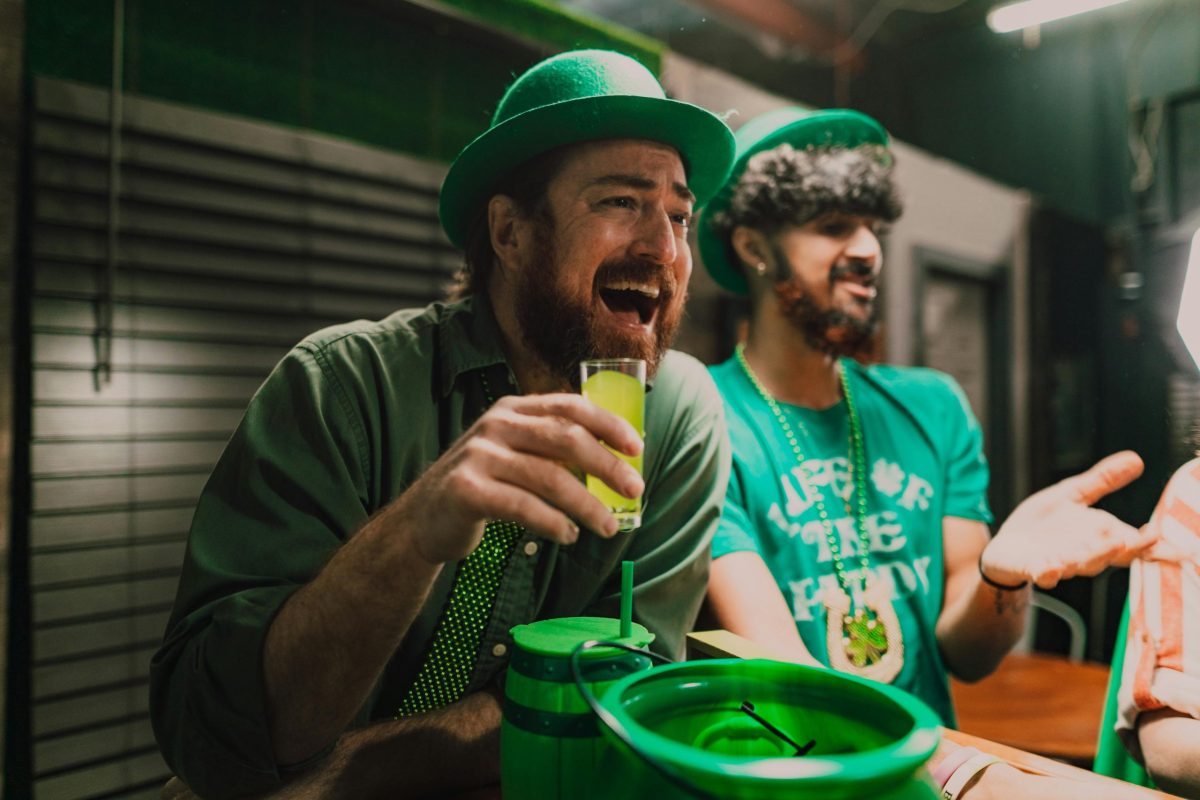Uncategorized
Irish Music: The Heartbeat of Protest and Pride
From Rebel Yells to Rhythm: How Irish Music Became the Soundtrack of Protest and Pride
Estimated reading time: 7 minutes
Key Takeaways
- Irish music has historically been a form of protest and a source of communal pride.
- The Irish diaspora has played a crucial role in spreading Irish music globally.
- Contemporary artists continue the tradition of storytelling through music, reflecting current struggles.
Table of Contents
Introduction
The Heart of the Story
The Wider Echo
The Now & The Next
Did You Know?
FAQs
Final Word
Introduction
Ah, the old pubs of Dublin, where laughter and heartache swirl in the air like the smoke from a well-lit pipe. Here, in the cradle of rebellion and rhyme, every verse and chorus carries the weight of our history, a potent blend of joy and sorrow. From the rebel yells of the 1916 Rising to the soothing strains of slow ballads—Irish music isn’t just sound; it’s our soul laid bare, a vibrant tapestry woven from the threads of pride, protest, and our indomitable spirit. It’s where we gather to remember, to rage, and to rejoice, no matter how far we roam.
The Heart of the Story
Let’s step back to Cork in the midst of the Troubles, where the heart beats louder at the town hall as the strains of “The Rising of the Moon” echo in the streets. Rebel songs, the lifeblood of our struggle, bound communities together, transforming raw grief into unstoppable rage. “No more shall we be slaves,” they sang, while the echoes of the past found their refrain in the cries of hungry children. These songs lit fires in the bellies of would-be warriors, uniting men and women, young and old, in a chorus of defiance. No one could sing out louder than the Corkonians, standing tall, their feet planted firmly on the ground beneath them as they demanded liberation, they did it without fear, and they did it with a rhythm that refused to yield.
The Wider Echo
As the drumbeats of rebellion fell silent, the music of the Irish diaspora spread like wildflowers across the globe—scattering from Dublin to New York, from Galway to Sydney. The pubs transformed into stained-glass sanctuaries, where the likes of The Dubliners and The Clancy Brothers poured their souls out in song, connecting us to our roots no matter how far abroad. It’s said that through song, we find connection—not just to our homeland but to one another. In the whispered lyrics of “Fields of Athenry,” you can hear the echoes of our ancestors’ struggles resounding in the hearts of the Irish everywhere. The music, cradling our grief, cradling our dreams, stands as proof of our resilience, as we find identity and common ground in the world’s most unexpected corners.
The Now & The Next
Yet the fight continues, doesn’t it? Today, as we navigate the stormy seas of a cost-of-living crisis, and the tumult of housing protests rumbles across our streets, it’s the songs that remind us: we are still here, still rising. New voices join the old—like those of Fiona Whelan and her haunting melodies that tug at the soul, stirring that deep-rooted pride while challenging us to take action. The music is alive, pulsing as a heartbeat, calling to the generations yet to come, urging us to keep our stories honest, and our dreams alive. Now, the rhythm of our rebellion, infused with modern beats and wisdom from the past, provides not just an escape but a blueprint for our future.
Did You Know?
- The vast majority of folk songs in Ireland have their roots in centuries of struggle, reflecting the cyclical nature of history and hope.
- At least 250,000 Irish immigrants settled in America during the Great Famine, many of whom brought with them the songs that would shape the cultural tapestry of Irish Americans.
FAQs
Why is music important to Irish culture?
Music is the thread connecting generations, weaving together our joys and sorrows, our fights and our celebrations. Take a look at this GAA jersey collection that pays homage to this vibrant culture!
How does the music of today reflect our history?
It’s all about storytelling. Today’s artists pull from our rich past, blending traditional sounds with modern themes, ensuring our history is never lost—only transformed, much like the songs sung in the old halls of our counties.
Final Word
So the next time you raise a glass or hum a tune in your local pub, remember, you’re not just partaking in a song; you’re part of a legacy, a story as old as the hills of Kerry. With every note, we affirm that our pride, our protest, our spirit will keep marching on. If you carry the same pride we do, you’ll find a piece of home waiting at
HubIrish.com.

